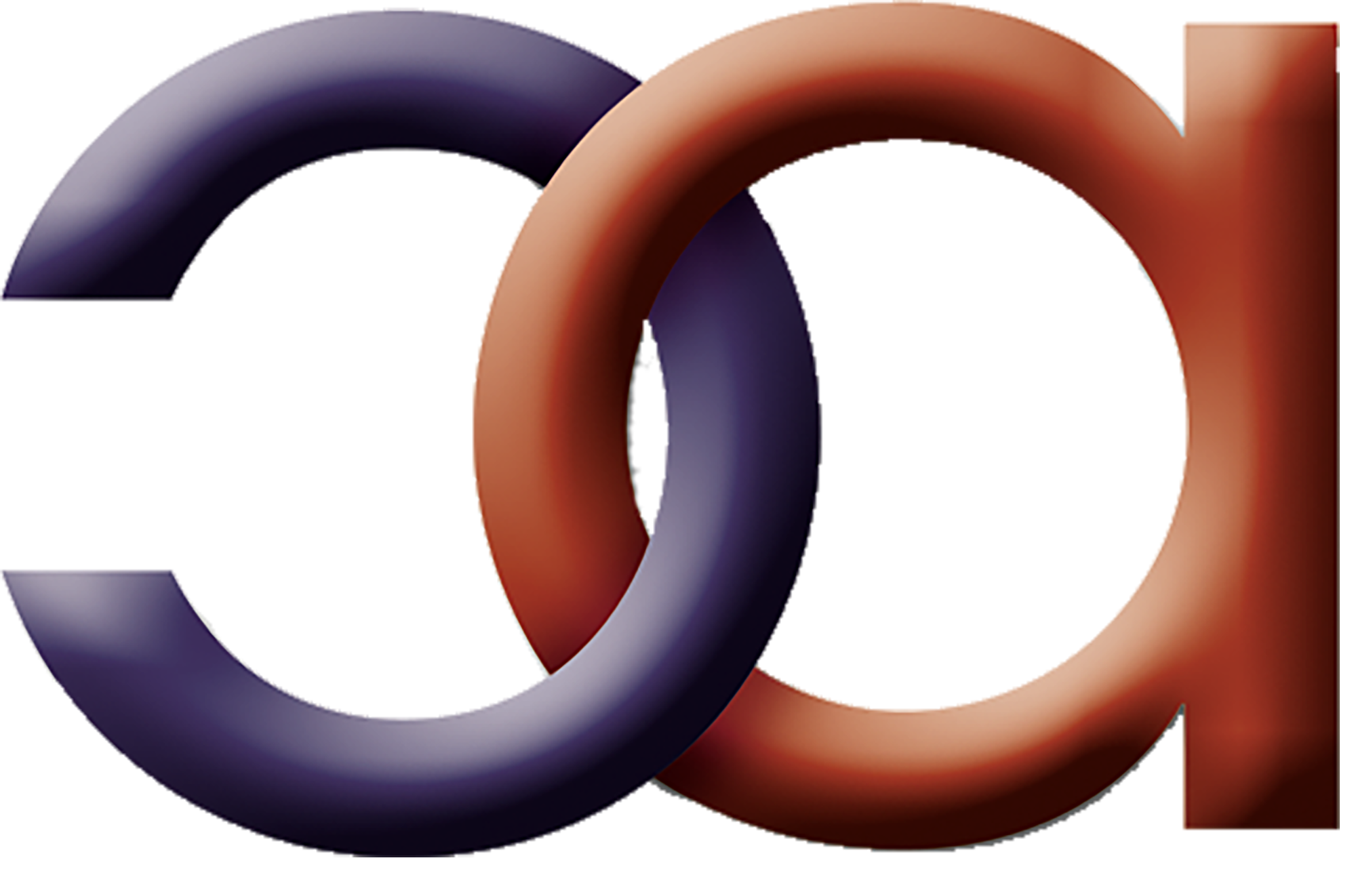CARAS originated in discussions at the 9th annual Leather Leadership Conference (LLC9) in Phoenix, in April 2005. In a presentation at LLC9, Dr. Richard Sprott and therapist David Ortmann highlighted the need for an information clearinghouse to provide up-to-date information to clinicians, researchers and the public addressing BDSM. Motivating this call to action were problems such as ignorance of kink/leather/BDSM among healthcare professionals who see kinky people as clients, and researchers who may be out of touch with modern kink communities. Sociologist Rob Bienvenu teamed up with Sprott and Ortmann to further develop this concept, and the path to creating CARAS was forged.
The period since 2005 has seen a number of positive changes relevant to alternative sexualities research and clinical practice, and CARAS has contributed to this transition in important and unique ways. CARAS has provided numerous presentations to community audiences addressing research and clinical topics. Through hosting professional conferences, scholarly publications and presentations, and networking with clinical and academic audiences, CARAS has facilitated greater recognition among healthcare professionals and researchers of the existence of kink communities. We have increased awareness of the need to incorporate factual information about these groups in healthcare practice. Our work has also highlighted health disparities that can affect kink-identified people. CARAS activities have helped to make it possible for more young clinicians and scholars to focus on alternative sexualities in their careers. The increase in scholarship focused on alternative sexualities in recent years is striking, including the work of scholars directly supported by CARAS.
In 2022, Dr. Robert Bienvenu was appointed as CARAS Executive Director. Through the efforts of many dedicated volunteers CARAS has since expanded existing programs, such as the CARAS Reading Group, and developed new programs such as CARAS-conducted human subjects research, and the CARAS Research Fellows Program that started in 2025. We look forward to continuing the important work of community-engaged scientific research, education, and support of scholarship in the arts and humanities focused on kink, leather, BDSM, and fetish communities, related sex work, and consensual non-monogamy.


